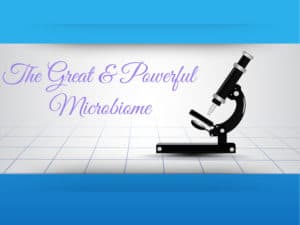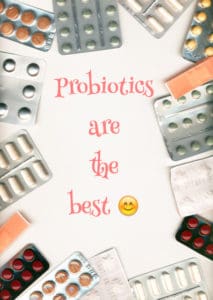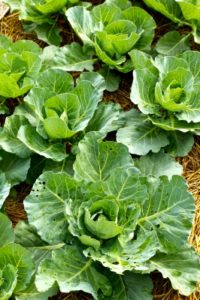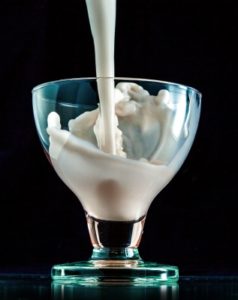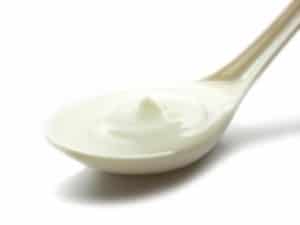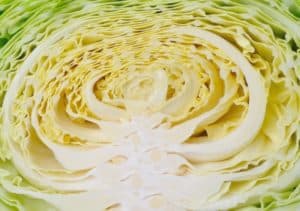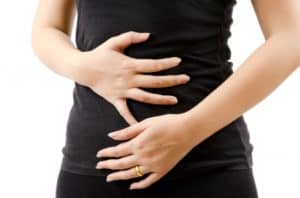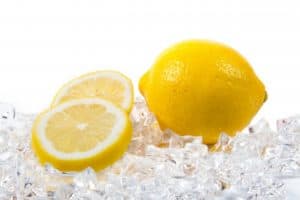And yet another connection between the gut and a seemingly unrelated condition: Fibromyalgia.
Fibromyalgia describes a condition where a person experiences widespread musculoskeletal pain. Similar to IBS, a total work up is done, and if Rheumatoid Arthritis, Lupus or other diagnoses are ruled out, and there is nothing tangibly ‘wrong’, then a diagnosis of exclusion is given to explain the symptoms. There are 18 tender points, and if 11 or more hurt for 3 months or more, that’s fibromyalgia. The symptoms of fibromyalgia don’t stop at musculoskeletal pain. They also include fatigue, brain fog, and memory issues. Fibromyalgia can begin suddenly after a trauma, surgery, infection or psychological stress, or it can come on slowly with no triggering event. There is usually a genetic predisposition.
Fibromyalgia seems to affect the way the brain processes pain. This is yet another similarity to IBS, where there are overactive pain signals, an overactive immune system and a hypersensitivity to pain.
But here is the third and most astonishing similarity: nearly all fibromyalgia patients have IBS and Small Intestinal Bacteria Overgrowth! In the case of these patients, the bacteria release toxins that get into the blood stream (b/c of damage to the GI track) and this causes the pain and sensitivity to pain.
If you have fibromyalgia, get to the root of the problem: your gut.


